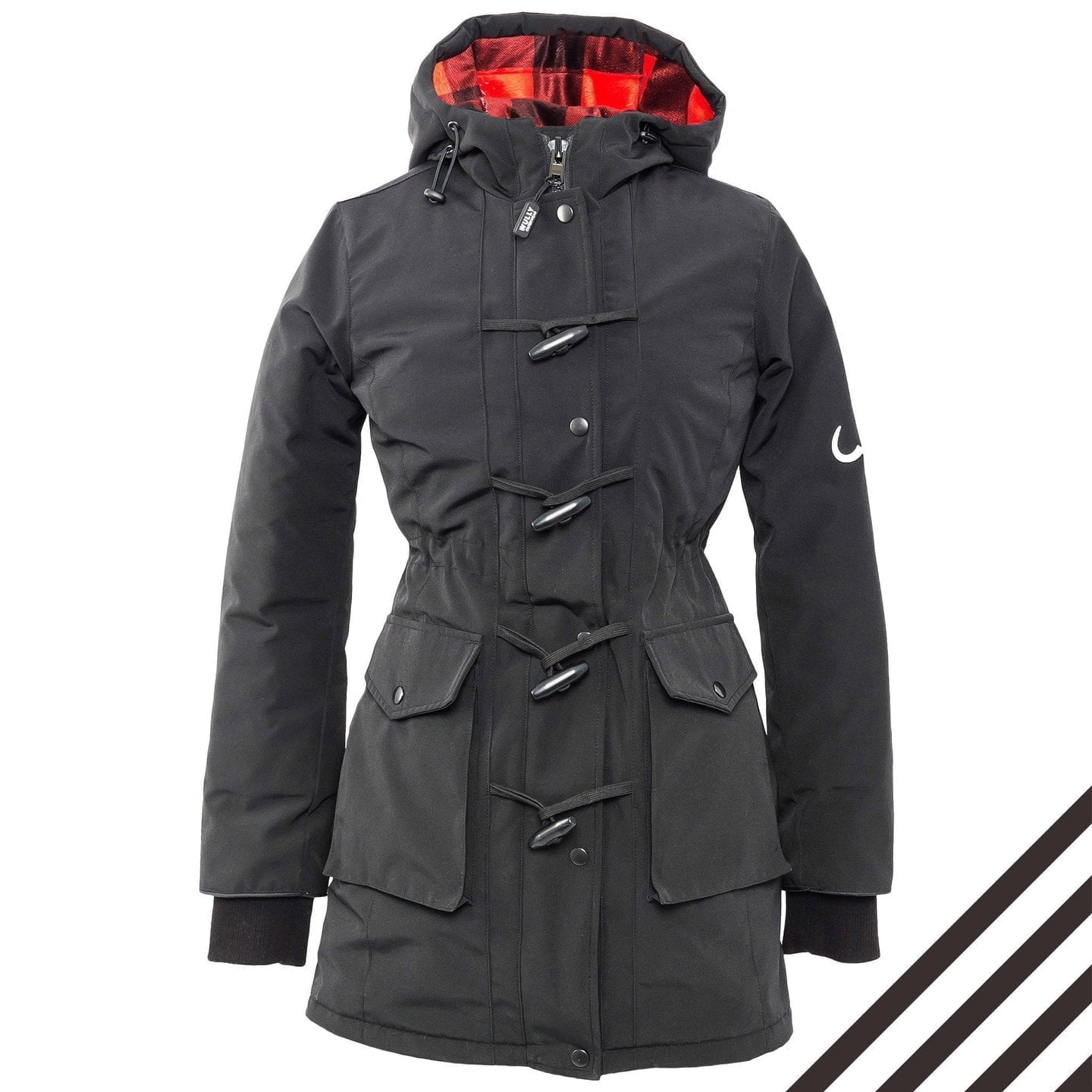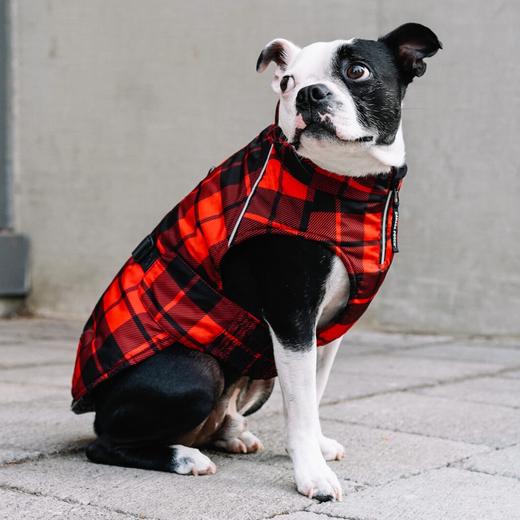Following several concerns raised recently by the public regarding coyote sightings in Montreal, the Montreal SPCA would like to provide information to help promote safe coexistence between humans and coyotes. To help answer the top ten questions we have received from the public on this topic, we asked Adrian Nelson, Wildlife Conflict Manager at Association for the Protection of Fur-Bearing Animals (The Fur-Bearers) for his expert advice.
1. Why can’t we simply eliminate coyotes from the city?
Removal of wildlife of any kind is never a long-term solution. The coyotes are there for a reason, be it food, shelter, etc. Removing those coyotes – either by killing or relocating them – only creates a void where new coyotes will eventually take their place. Studies have also shown that coyote populations that face external pressures such as trapping and hunting often produce larger litters of young to compensate, which means more coyotes in the area than before.
2. Is relocating coyotes cruel?
Relocating a coyote usually represents a death sentence for that animal.
Coyotes are very territorial and if relocated will do almost anything to try to return and may be killed by cars. Furthermore, they will be competing, unnaturally, with other animals for that same space and food sources, leading to potential death by starvation. Trapping and relocating coyotes who have recently had a litter means that their pups will die from starvation.
3. Can coyotes be dangerous to our community, namely to children and small pets?
The incidences of coyotes biting humans are extremely rare. In most cases where a coyote has bitten a person, the coyote has usually been habituated to humans and expects to receive food from them.
Coyotes have a natural fear of humans and if we can keep that fear intact through hazing techniques, interactions with them will remain very uncommon. The coyote co-existence program in Vancouver often goes into schools and summer camps and teaches young children how to scare off coyotes so that they need not fear them.
Coyotes can obviously see smaller animals as a source of food, which is normal given their omnivorous diet. That being said, an extensive study in the city of Calgary showed that the diet of urban coyotes was very similar to that of their rural counterparts. In fact, it showed that domestic pets accounted for less than 1.5% of their diet.
4. Do coyotes chase people?
A coyote will not see a person as potential prey – considering that their usual meal is a mouse or fallen crab apple, even small children are much too large. However, like any other species of canid (including your pet dog), they will chase something that runs from them. This is why it’s important to never run from a coyote – stand your ground, wave your arms, make loud noises and/or throw objects toward (but not at) the coyote to scare the animal away.
5. Do other cities live with coyotes? Does it really work?
Vancouver has a great co-existing program in place that has been successful for decades. The latest population studies have shown somewhere in the neighbourhood of 3,000 coyotes living in the Metro Vancouver area. With such a large coyote-human population, we see very little conflict because of the coyote co-existence programs.
The program relies very heavily on public education. It addresses the following:
- how individuals can manage their attractants,
- how to respond when they see a coyote,
- and even how to haze coyotes (a process of adverse conditioning to keep coyotes fearful of humans)
6. Are coyotes beneficial to our biodiversity and ecosystem?
Almost 85% of a coyote’s diet is small mammals, such as mice, rats, and other rodents. They are excellent, natural and free “rodent controllers” for our cities. A healthy and varied wildlife population is a great indication that we have a healthy ecosystem around us.
7. How should Montreal manage its urban wildlife, mainly coyotes?
The City of Montreal and local community groups need to look at a public education campaign that gives residents the confidence not to fear coyotes, in addition to teaching them how to deal with coyotes in the city. Considering that removing coyotes from the city doesn’t work and that their presence is beneficial to our biodiversity and ecosystem, why not learn to co-exist peacefully? Other communities have done this, so why shouldn’t Montreal?
8. How do I avoid conflicts with coyotes?
- Put garbage in secure containers with sealed lids.
- Keep garbage indoors until garbage collection day.
- Use securely enclosed compost bins.
- Protect your garden with a fence or grow vegetables in a greenhouse.
- Pick up any fruits or berries that have fallen from trees or bushes in your garden.
- Fence in your property to make it less accessible.
- Fill the empty spaces under porches, decks and sheds.
- Do not leave your pets outside unsupervised.
- Teach children to respect wildlife and keep their distance.
9. What do I do if I encounter a coyote?
- Do not approach or try to touch them.
- Do not feed or attempt to tame them.
- Do not run away or turn your back on them.
- Make yourself as “large” as possible, wave your hands, make lots of noise and shout.
- Do not let your dogs chase a coyote. They could be injured or injure the coyote.
- Throw objects towards (but not at) them.
10. Where can I learn more about coyotes and other wildlife?
 Adrian Nelson
Adrian Nelson
As an outdoor enthusiast, Adrian can often be found camping, hiking and exploring the BC coast and beyond. In addition to being the Director of Communications at the Fur-Bearers, Adrian is also the Wildlife Conflict Manager. Adrian’s first-hand knowledge and experience with wildlife has helped shape The Fur-Bearers’ Living With Wildlife program. He continues to use that knowledge to help municipalities and land-owners across the country implement non-lethal management techniques.
About The Fur-Bearers
Founded in 1953, The Association for the Protection of Fur-Bearing Animals (The Fur-Bearers) works to end the commercial fur trade and promotes co-existence with wildlife. “To protect fur-bearing animals in the wild and in confinement through conservation, advocacy, research and education (C.A.R.E).” thefurbearers.com




 Adrian Nelson
Adrian Nelson

 Mahé Gougne
Mahé Gougne














